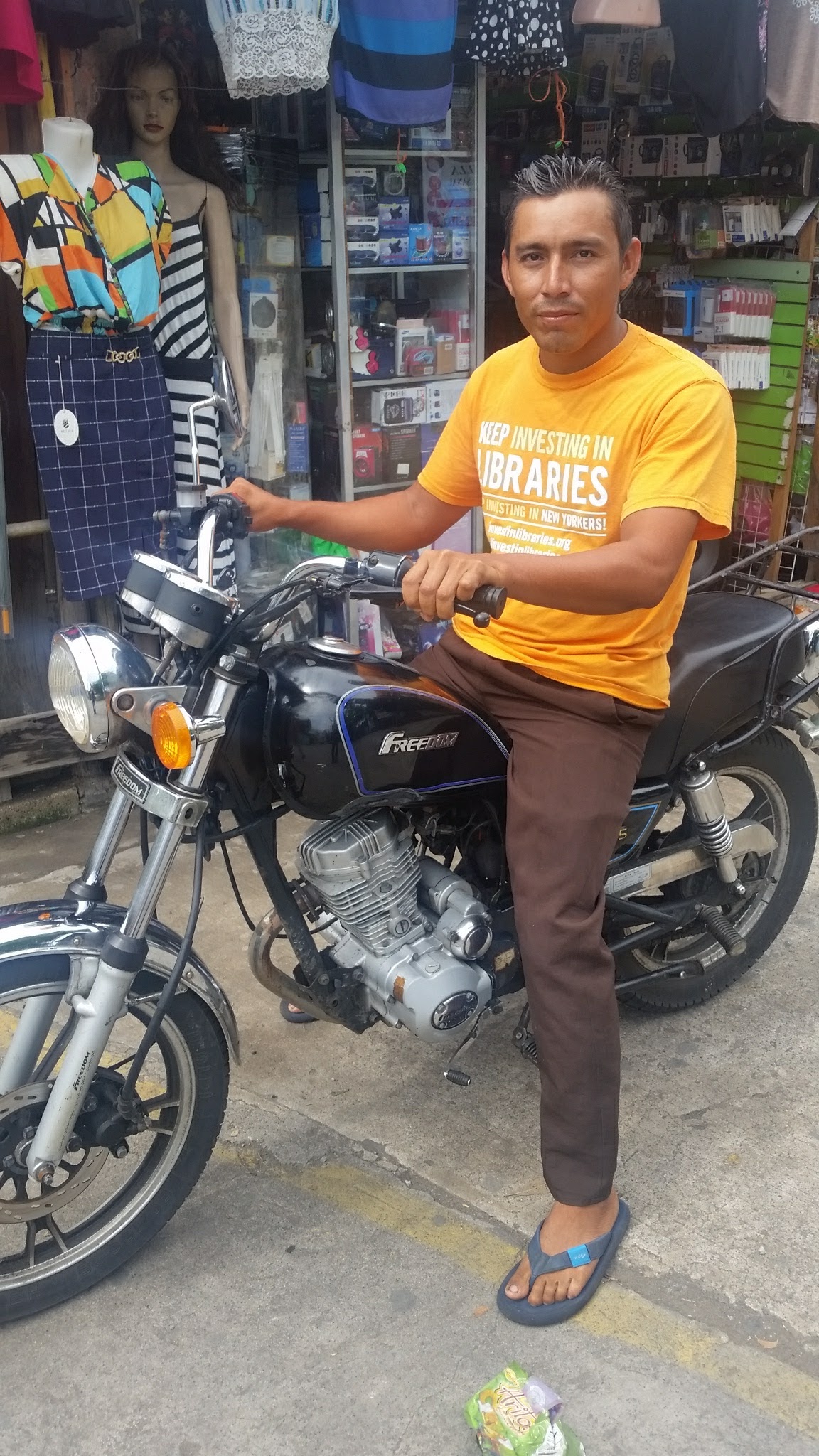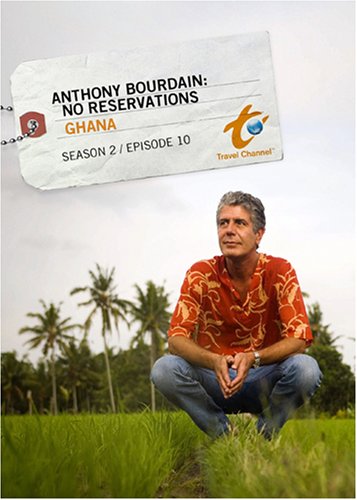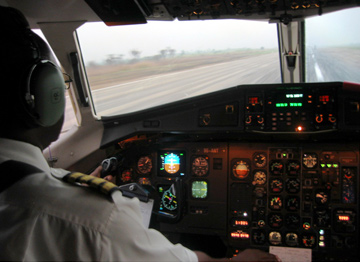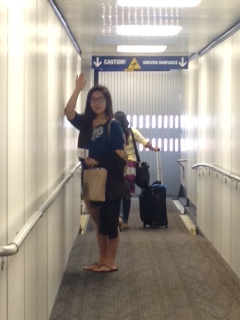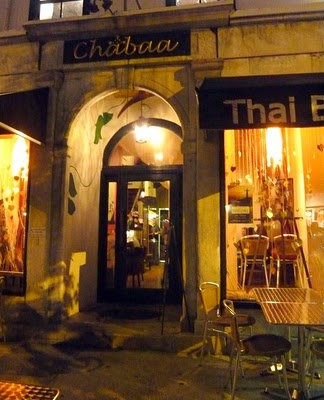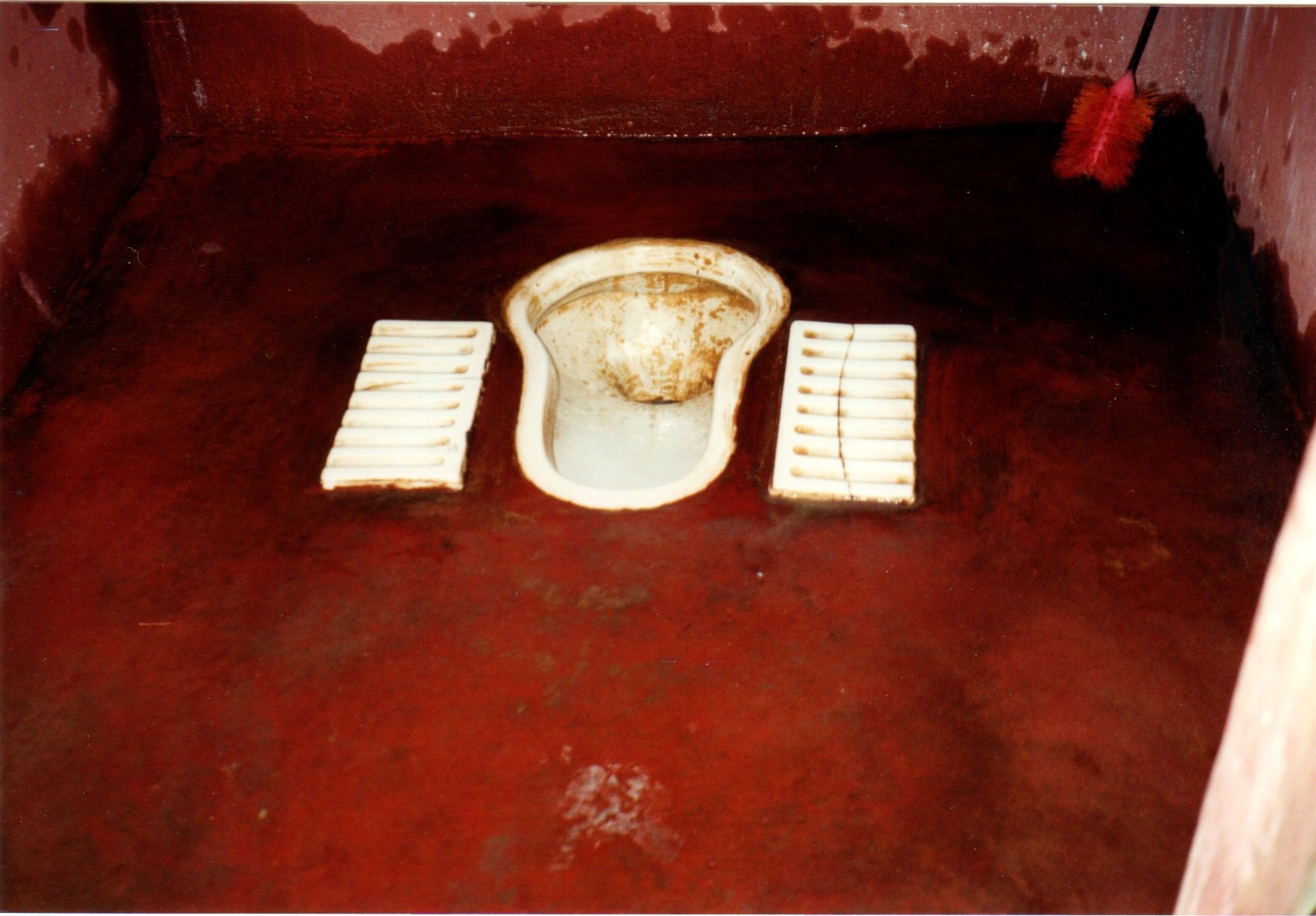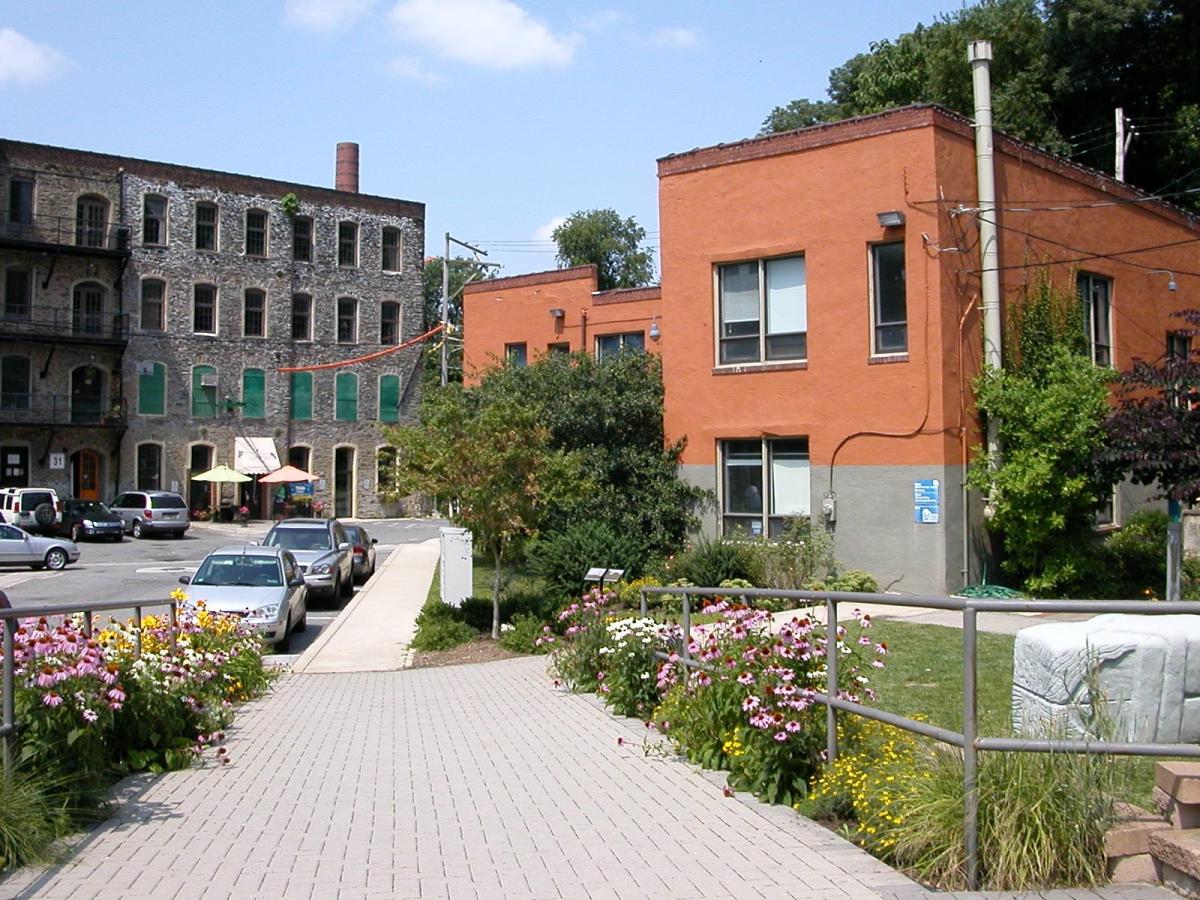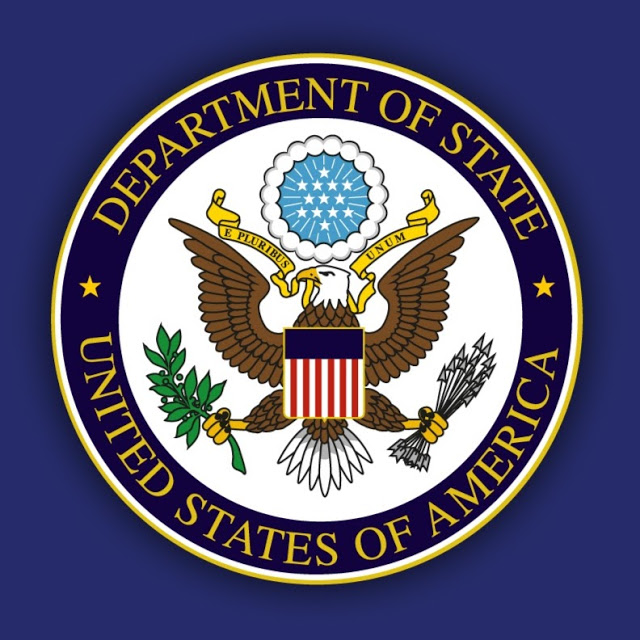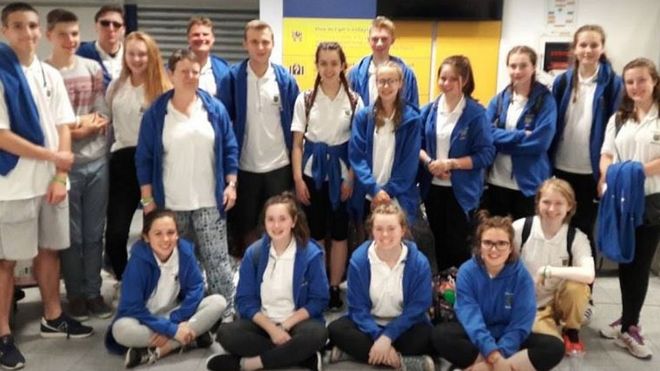I rode on the back of a motorbike in Guatemala this past summer.
Don’t try that at home. Or anywhere abroad!
I wasn’t exactly hitchhiking. But I WAS walking on the side of the road — going from the small town of Hawaii back to beach town of Monterrico, Guatemala.
I had just visited our sea turtle conservation project with ARCAS in Hawaii, Guatemala on June 16, 2017.
A nice guy (pictured above) stopped and asked if I wanted a ride. I hopped right on the motorbike and away we went.
15 minutes later we arrived in Monterrico and I got off the bike. I thanked him and offered to pay him something. He politely declined. How about a cool drink or lunch? Again, no gracias.
He did agree to let me take his photo — for posterity. Then we went our separate ways.

